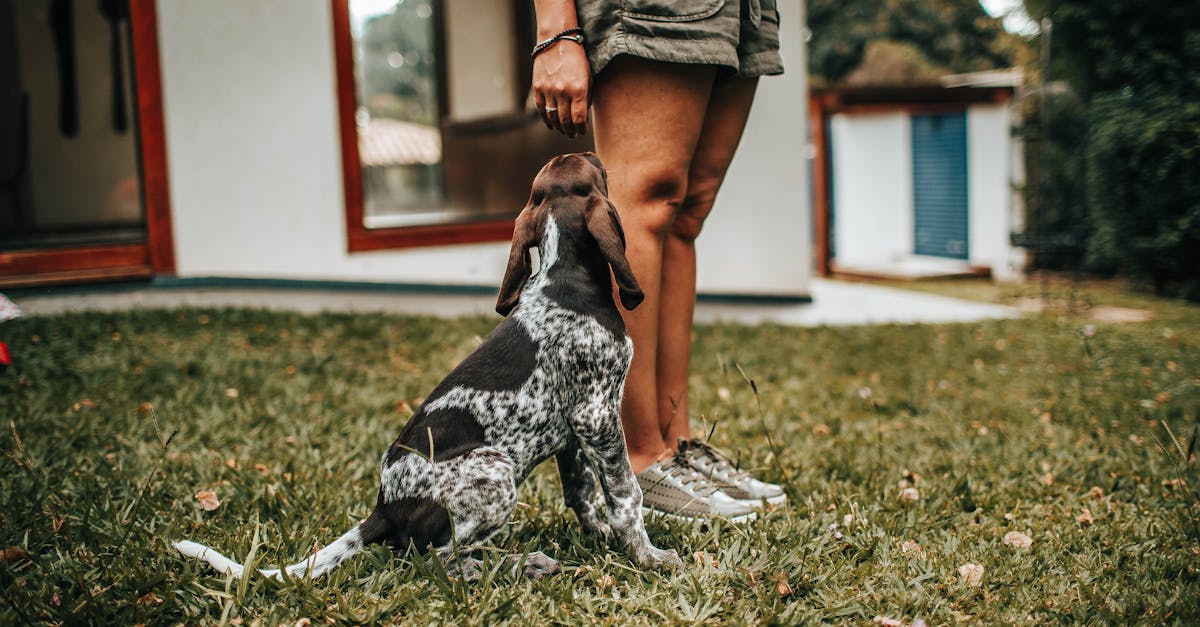Are you considering adding a White-Eyed Conure to your family or already caring for one? These vibrant, intelligent parrots are beloved by bird enthusiasts for their playful personalities and striking appearance. However, like all pets, they require specific care to thrive. Let’s dive into everything you need to know about White-Eyed Conures, from their history and behavior to practical tips for keeping them happy and healthy.
🐾 Breed Snapshot
The White-Eyed Conure, also known as the White-Eyed Parakeet (scientific name: Psittacara leucophthalmus), is a medium-sized parrot native to South America. Their name comes from the distinctive white eye-rings that contrast beautifully with their bright green feathers.
- Size: Approximately 12 inches in length
- Weight: Around 6 ounces
- Lifespan: 20–30 years with proper care
- Native Habitat: Forests, savannas, and urban areas in countries like Brazil, Venezuela, and Argentina
White-Eyed Conures are social birds that enjoy the company of both humans and other parrots. Their high energy levels and love for interaction make them a great choice for experienced bird owners.
🧬 Personality & Behaviour
White-Eyed Conures are known for their playful and curious nature. They thrive on mental stimulation and enjoy exploring their surroundings. However, their intelligence also means they can become bored or destructive without proper enrichment.
- Vocalization: These parrots are vocal and can be loud, especially during the mornings and evenings. They may mimic sounds or words but are not as skilled as some other parrot species.
- Social Needs: They form strong bonds with their owners and require daily interaction to stay happy.
- Activity Levels: Highly active and love to climb, chew, and play. Providing toys and perches is essential.
While their affectionate nature makes them wonderful companions, potential owners should be prepared for their occasional nippiness, which can be curbed with gentle training and socialization.
🧼 Health & Grooming Needs
Maintaining the health of your White-Eyed Conure involves a mix of proper diet, regular grooming, and vet check-ups. These birds are relatively hardy but can be prone to certain health issues if not cared for properly.
- Diet: A balanced diet of high-quality pellets, fresh fruits, vegetables, and occasional seeds is crucial. Avoid feeding them foods high in fat, sugar, or salt.
- Beak and Nail Care: Conures naturally maintain their beaks and nails through chewing and climbing. Provide materials like cuttlebones and wooden toys to keep them in good condition. If their nails become overgrown, a vet or professional groomer can trim them safely.
- Feather Care: These parrots enjoy bathing, which helps keep their feathers clean and healthy. Provide a shallow dish of water or gently mist them with water a few times a week.
- Common Health Issues: Respiratory infections, feather plucking, and nutritional deficiencies are some concerns. Regular vet check-ups can help catch and prevent these problems early.
According to VCA Animal Hospitals, a clean cage and proper hygiene are critical for preventing bacterial or fungal infections (source).
💡 Vet Tips for Pet Parents
Owning a White-Eyed Conure is a rewarding experience, but it requires commitment. Here are some tips from veterinarians to ensure your feathered friend thrives:
- Spend quality time with your bird daily to build trust and prevent loneliness.
- Rotate toys regularly to keep them mentally stimulated and reduce boredom.
- Provide a spacious cage with enough room for climbing, flapping, and playing.
- Keep the cage in a quiet, safe area of your home, away from drafts or direct sunlight.
- Schedule annual check-ups with an avian veterinarian to monitor their health.
Lastly, be patient and consistent. Training and bonding take time, but the effort is well worth it for the companionship of these delightful birds.
FAQs
Q: Are White-Eyed Conures good pets for beginners?
A: While they are affectionate and playful, their high energy and social needs make them better suited for experienced bird owners who can dedicate time to their care.
Q: How can I tell if my White-Eyed Conure is sick?
A: Signs of illness include changes in appetite, lethargy, fluffed-up feathers, or unusual droppings. If you notice any of these symptoms, consult an avian veterinarian immediately.
Book a $49 online vet consultation at https://www.dialavet.com for fast, expert advice.























